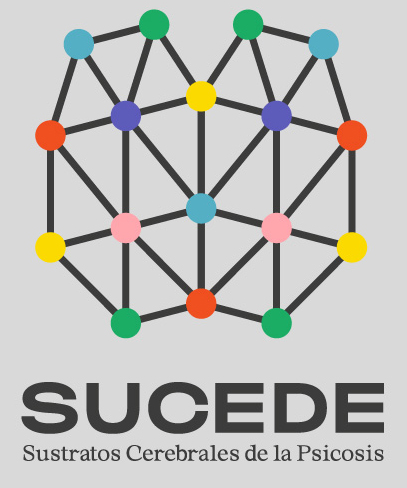In line with our last session, today we made a review of the state of the scientific literature about identifying cognitive subgroups in the psychosis. The important heterogeneity given in the cognitive alterations in psychosis leads to the use of a more suitable approach: data-driven analyisis, instead of the classic predetermined methods used (i.e. diagnose). Although the number of studies which try to identify cognitive subgroups in cross-diagnostic samples is reduced, a recent systematic review shows that the bulk of them find a 4-cluster or subgroup solution, with one subgroup cognitively preserved, two moderately affected and one globally deteriorated (Green et al., 2019). Furthermore, these studies show that the severely deteriorated group is associated with increased severity of symptoms, older age, lower educational attainment, poorer overall performance and higher doses of medication. We have also reviewed the publication of Weinberg et al. (2016) in which cognitive subgroups of schizophrenia patients were related to structural brain variables. They found that the severely impaired group was associated with lower volume in a large number of cortical and subcortical regions, including the hippocampus. If you check out our previous blog post you will find out that these data are in line with one of our upcoming publications!
- Green, M.J., Girshkin, L., Kremerskothen, K., Watkeys, O., & Quidé, Y. (2019) A Systematic Review of Studies Reporting Data-Driven Cognitive Subtypes across the Psychosis Spectrum. Neuropsychology Review https://doi.org/10.1007/s11065-019-09422-7
- Weinberg, D., Lenroot,R., Jacomb, I., Allen, K., Bruggemann, J., Wells, R., Balzan, R., Liu, D., et al. (2016) Cognitive Subtypes of Schizophrenia Characterized by Differential Brain Volumetric Reductions and Cognitive Decline. JAMA Psychiatry, 73(12), 1251-1259



